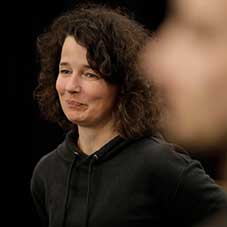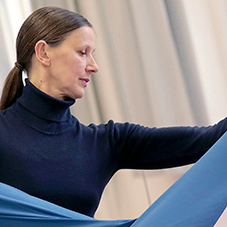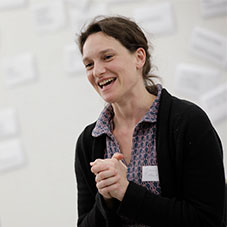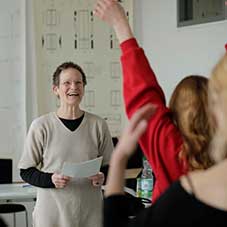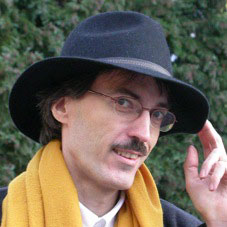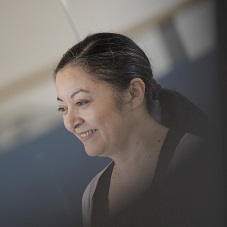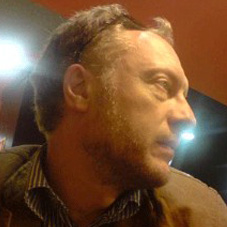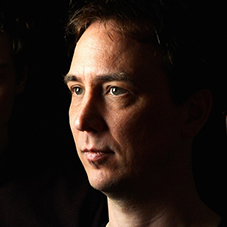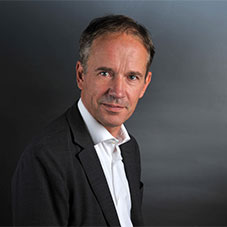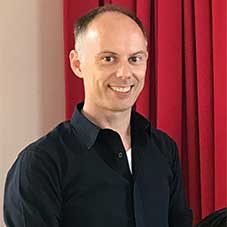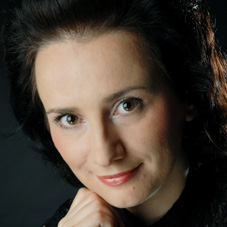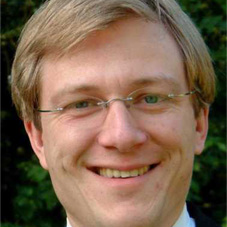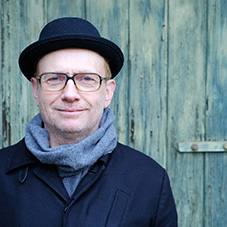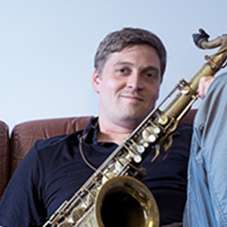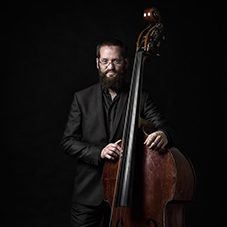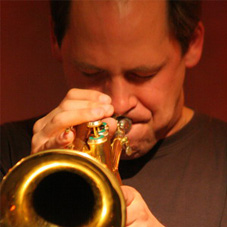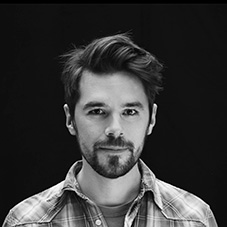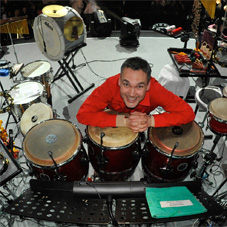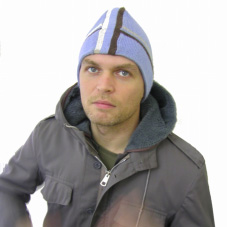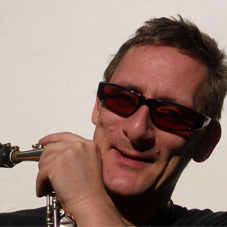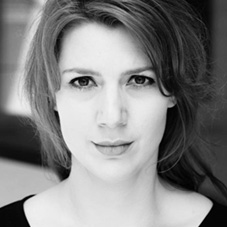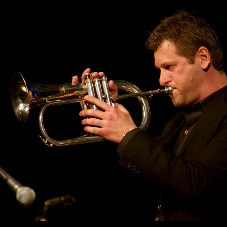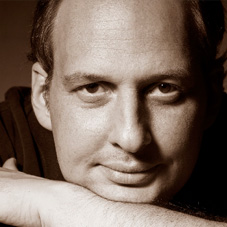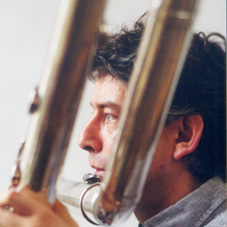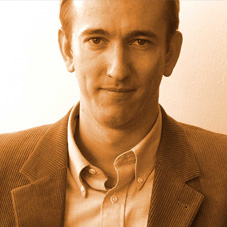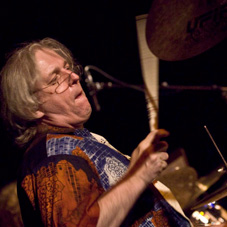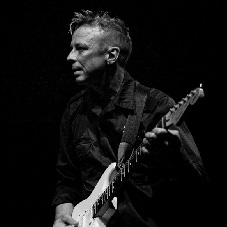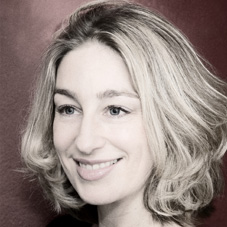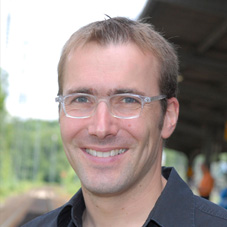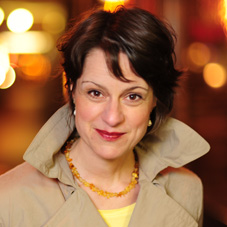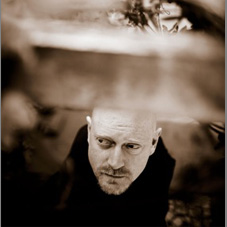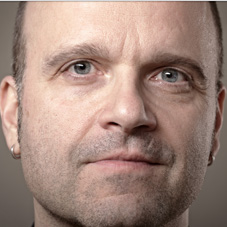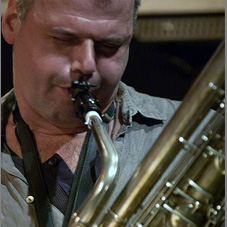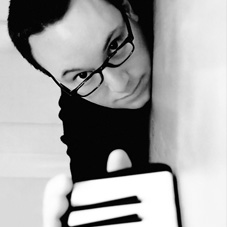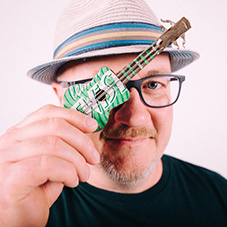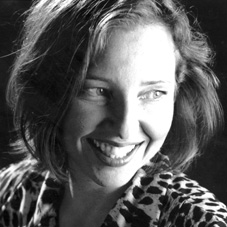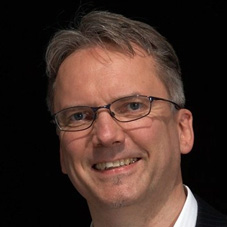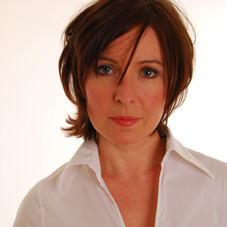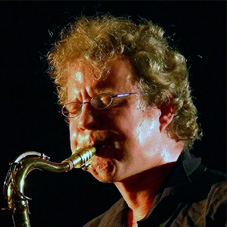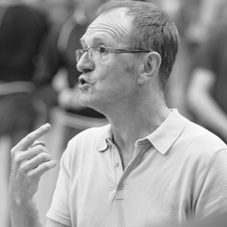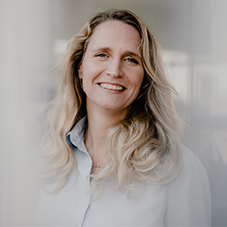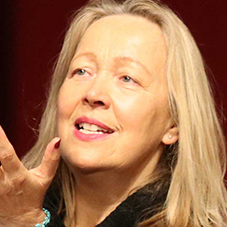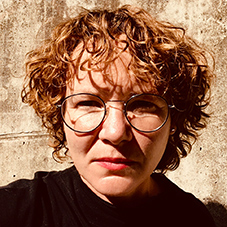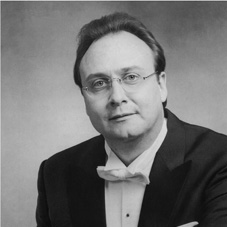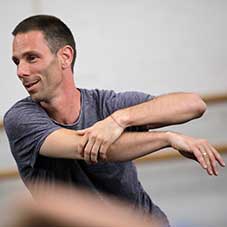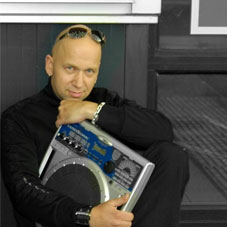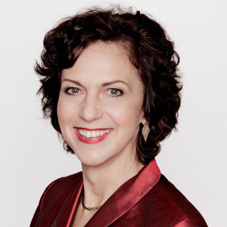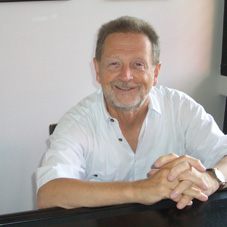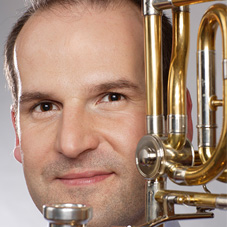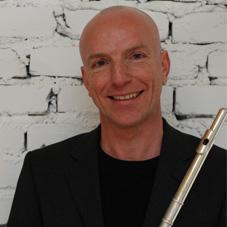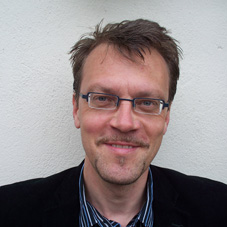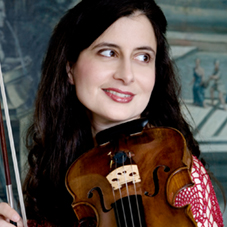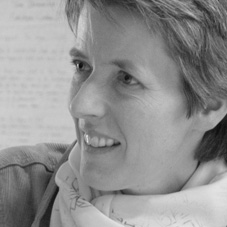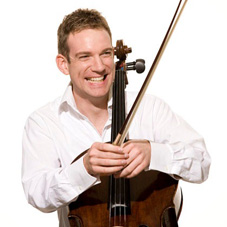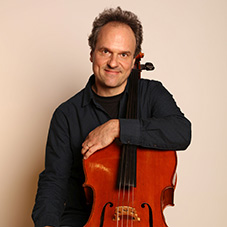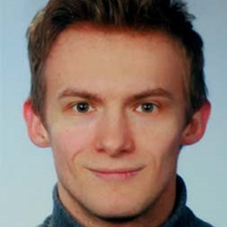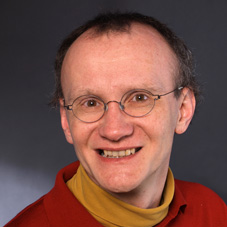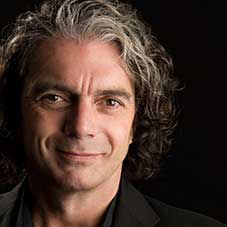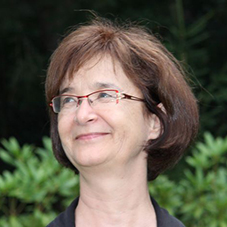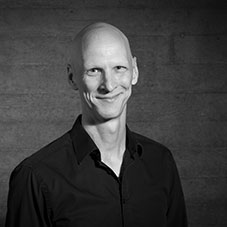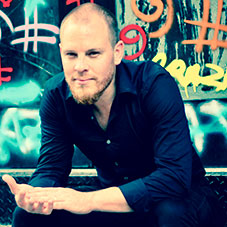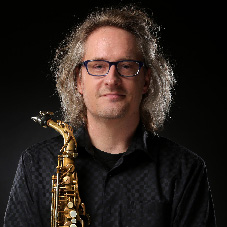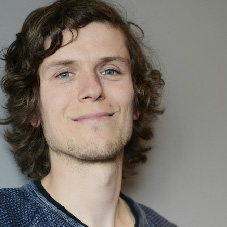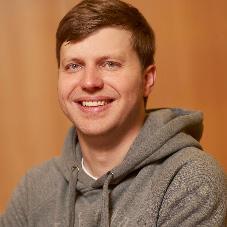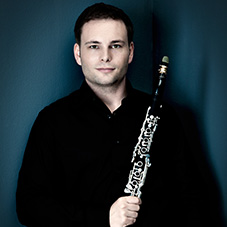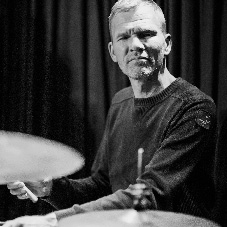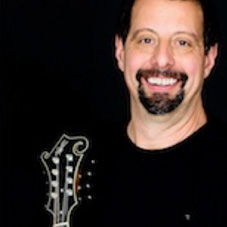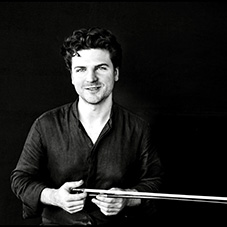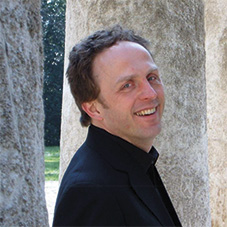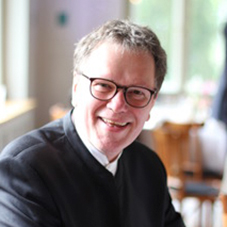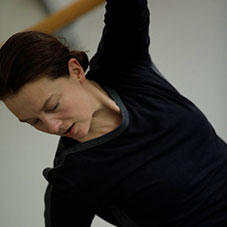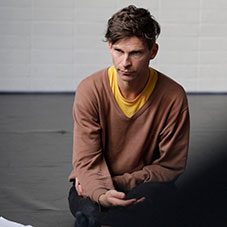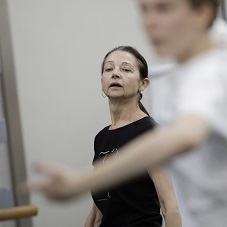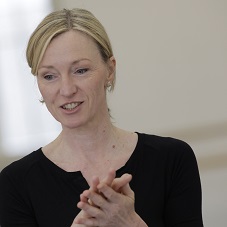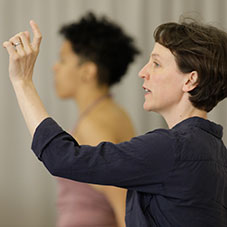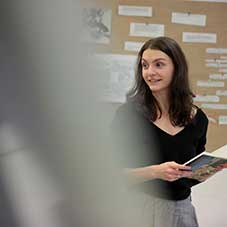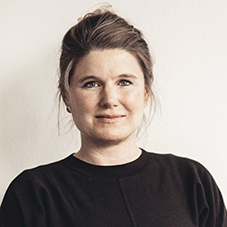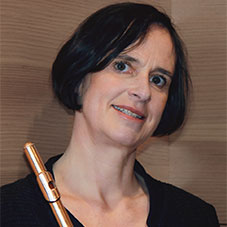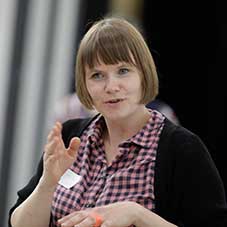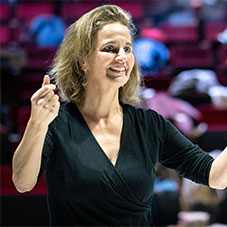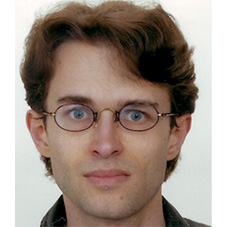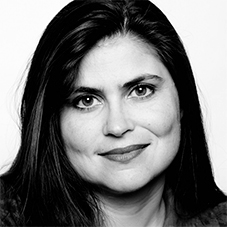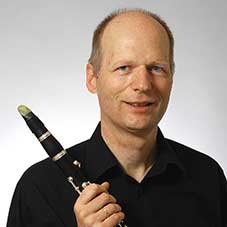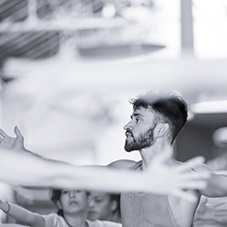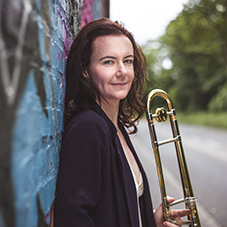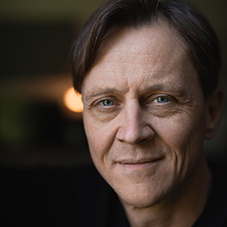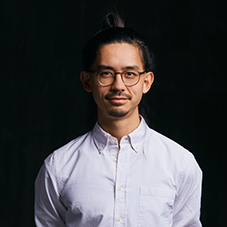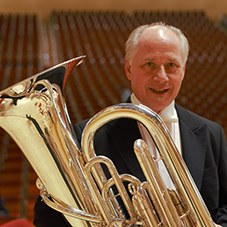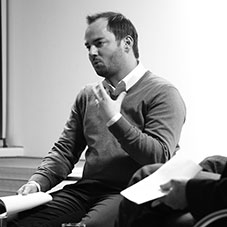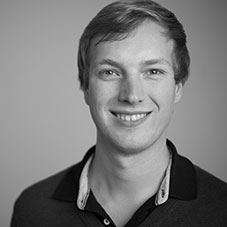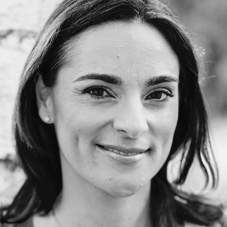###PRINT_PATH###
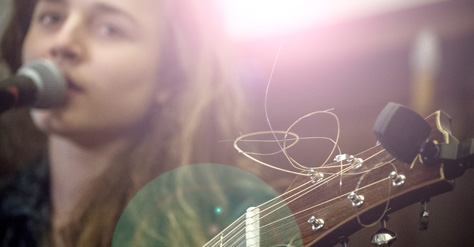
Bachelor of Music - Jazz/Pop
The Jazz/Pop department at the Hochschule für Musik und Tanz Köln has a longstanding reputation as one of the favorite destinations for young musicians and prospective students.
This reputation is due to the successful academic programs, but also the location of the city itself. Cologne's music scene is one-of-a-kind in Germany. Various weekly jam sessions, a lively club scene and numerous performance possibilities gives students the opportunity to quickly connect with the city’s music scene.
The focus of the degree program is communication with and through music. Therefore, in addition to teaching technical skills and promoting individual artistic expression, the development of a culture of musical communication is especially important. That is why, apart from work with instruments, the focus of education in Cologne is on ensembles.
It is essential for a modern music education system to look beyond its own main artistic concentration by working with the traditions of pop and jazz music as well as through interdisciplinary collaboration with the classical and dance departments of the university.
The degree program is only offered at the department Cologne.
General Information
- Academic degree: Bachelor of Music
- Duration of degree program: 8 Semester
- Start of program: Winter semester
- Degree requirements: 240 Credits
- Major: E-Bass, flute, vocal performance, guitar, clarinet, doublebass, piano, trombone, saxophone, drums, singer/songwriter, trumpet, violin
- Graduate degree program: Master of Music Jazz/Pop instrumental/vocal; Master of Music Jazz- Composition/Arrangement; Master of Music Production
The application takes place online via the muvac platform. You can find all the information about the procedure on our Application page.
Admission Requirements
- General higher education entrance qualification or a comparable qualification. (In special cases an acces is possible without the higher education entrance qualification.)
- Proof of a german language certificate TestDaf3 for nonGerman-speaking applicants.
- Succesfully passed aptitude test.
Aptitude Test
The Hochschule für Musik und Tanz Köln provide a Band for the aptitude test. A performance with own ensemble or partner is not possible.
Notes in sufficient number for jury and accompanying band must be brought by the applicants. (suggestion: 8 copies)
The first round of the application in the main subjects vocal performance, singer/songwriter and drums takes place by submission of a video file. More information you can find in the aptitude test regulations below.
In general, we recommend that you contact the respective major instructor directly before the aptitude test if you specific questions regarding your particular instrument.
- An audition of up to three pieces of jazz or popular music, including improvisation, one of which you can have composed yourself. The programme should include a range of tempi, characters or styles (for example: ballads and up-tempo pieces, as well as R&B, jazz waltzes, funk, straight jazz , rock, Latin, etc.).
- At the jury’s discretion, the entrance examination can include improvisation on an unseen chord sequence, performance of a prepared solo transcription and/or sight-reading. For piano and guitar, this may also include providing accompaniment for a blues or simple jazz/pop standard. Duration: up to 20 minutes.
An audition of up to three pieces of jazz or popular music that show as diverse a range of tempi and/or styles as possible. The programme must include both ternary and binary grooves, as well as one piece with a swing or jazz feel. One of the pieces should be in “four-four” and/or include a solo in this time signature. Candidates are also required to perform a prepared study (e.g. Wilcoxon, Pratt, etc.). At the jury’s discretion, the entrance examination can include providing accompaniment to a simple jazz/pop standard, improvisation, performance of a prepared solo transcription and/or sight-reading. Duration: up to 20 minutes.
An audition of up to three pieces of jazz or popular music, one of which you can have composed yourself. The programme should include a range of tempi, characters or styles (for example: ballads and up-tempo pieces, as well as R&B, jazz waltzes, funk, straight jazz , rock, Latin, etc.), vocal improvisation and ad libs are welcome; the 1st piece is the candidate’s own choice, the 2nd/3rd pieces at the jury’s discretion. A short piece of a cappella. 1 transcription (a vocal or instrumental line taken from a piece of jazz, pop or rock music, an arrangement, a solo or ab libs). Transcriptions should be provided and candidates may be accompanied either by the original backing or by a band, where appropriate. At the jury’s discretion, the entrance exam may include improvisation on an unseen chord sequence and/or sight-singing. Duration: up to 20 minutes.
- Performance of up to three songs, one of which must have been written by someone else.
- One song should be performed solo, with the candidate providing their own guitar or piano accompaniment. The remaining songs will be accompanied by the band provided by the University.
- One of the songs should be performed in English.
- Additionally, there will be a lyric analysis task to complete.
- At the jury’s discretion, the entrance examination can include providing accompaniment for and/or sight-reading of a simple pop/soul/blues standard. Duration: up to 20 minutes.
Knowledge of the following key sounds and rhythms are a prerequisite:
Congas: Basic tumbao & variations
Bongos: Basic martillo & variations
Timbales: Cáscara 3/2 & 2/3 clave, abanico, basic cowbell grooves
An audition of 3-4 pieces of Latin or pop music that show as diverse a range of styles as possible. (This can include pieces from the Afro-Cuban or Brazilian traditions or taken from Latin jazz, fusion, soul or funk). As wide a range of percussion instruments should be used as possible. One of the pieces should include a solo or a four/four chorus.
At the jury’s discretion, the entrance examination can include providing accompaniment to a simple Latin/pop standard, improvisation and/or sight-reading from sheet music. Duration: up to 20 minutes.
Second Study Test (For All Subjects) Piano
(not with the main subject piano or guitar, here the minor subject is freely selectable)
- A piece with a difficulty level equivalent to, for example, Children`s Song (Chick Corea), Jazz for the Young Pianist (Oscar Peterson), Notebook for Anna Magdalena, Inventions (Bach), Für Kinder, Mikrokosmos I or II (Bela Bartok).
- Alternatively, a transcribed jazz solo, a notated original composition, or a piece based on a notated original taken from rock/popular music.
- A simple jazz/pop standard or blues, requiring harmonisation. Completion of a simple cadence (for example, II-V-I-IV).
Aural training:
Written test (dictation):
- Scales, melodies in particular styles,
- intervals,
- triads and inversions,
- four-voice chords in particular styles.
Harmony:
Written test:
- Analysis of a chord sequence,
- production of a simple five-voice piano setting based on a harmonic template,
- harmonisation of a given melody.
Duration: two hours for both tests combined.
Downloads
The first year is an orientation year and is the same for all students. In addition to different basic courses and major-specific courses, students also learn basic pedagogy during the first year. Students may only choose which ensembles they wish to participate in. An obligatory advising session follows, during which the student’s degree program structure is determined by the student and the program dean.
Various annual examinations are administered during the degree program. Students must complete 60 credits per year, and at the end of their studies, they must submit a bachelor capstone project that can be in the form of a concert, sound recording production, interdisciplinary project, or an academic thesis, etc.
There are numerous, possible degree program structures with different concentrations that will help students enter their future career fields as well as choose a specialization.
Downloads
Musical Communication
The focus of the degree program is communication with and through music.
Therefore, in addition to teaching technical skills and promoting individual artistic expression, the development of a culture of musical communication is especially important. That is why, apart from work with instruments, the focus of education in Cologne is on ensembles.
In addition to regular weekly ensemble events, the University also offers week-long project ensembles throughout the semester, with the goal of making clearly-defined music programs ready to perform and/or to be recorded.
Clearly, one of the these project ensembles is the big band, which completes two, one-week projects with different music programs each semester and presents the work in the form of concerts. For wind and rhythm groups, great importance is placed upon professional technique within sections. Graduates of the University currently hold soloist positions in all of Germany’s radio big bands.
The University’s new sound studio gives students the opportunity to immediately make professional recordings of ensemble pieces, and this gives them vital studio experience in addition to recording their work in workshops. A production label that will publish student productions online is in the planning stages.
Guest instructors regularly supplement the degree programs throughout the semester with single or multiple-day workshops. An artist in residence spends an entire week at the University so that students can gain a thorough understanding of the artist’s work and ideas. Recent guests include:
Artist Workshops
Alana Alexander - Jakob Anderskov - Amy Antin - Genevieve Artadi - Kristin Berardi - Gustavo Bergalli - Markus Berges - Owen Biddle - Jim Black - Seamus Blake - Randy Brecker - Alan Broadbent - Keith Carlock - Hugo Leonardo Castro - Hayden Chisholm - Fay Claassen - Avishai Cohen - Luis Cole - Zach Danziger - Bob Degen - DJ Adlib - Mark Dresser - Sidsel Endresen - Peter Evans - Krischan Frehse - Manou Gallo - Mario Garruccio - Marcus Gilmore – Sergio Gomes - Georg Gräwe - Drew Gress - Billy Hart - Thorsten Haze Haas - Thomas Heinz - Pablo Held - Achim Kaufmann - Lorenz Kellhuber - Omer Klein - Knower - Dominik Krämer - Michael League - Tim Lefebvre - David Liebman - David Linx - Tom Liwa - Bobby Long - Hans Lüdemann - Rick Margitza - Turner Mark - Ben Monder - Mike Ph. Mossmann - Lauren Newton - Pascal Niggenkemper - OK Kid - William Parker - Aaron Parks - Barre Phillips - Verneri Pohjola - Percy Pursglove - Moritz Rech - Retrogott - Scott Robinson - Jochen Rückert - Thomas Rückert –Jovino Santos Neto - Andreas Scherrer - Lillo Scrimali - Henning Sieverts - Alex Sipiagin - Terell Stafford – Loren Stillman - Bob Stoloff - John Taylor - Boris Tschango – Arto Tunçboyaciyan - Will Vinson - Allan Vizzutti - Dan Weiss - Pe Werner - Norma Winstone - Nils Wogram
Music Industry Workshops
Acoustics Workshop: Ulli Hermann
Booking: Frank Bauchrowitz - Corinna Jacke - Sven Lehmann - Colin Lovrinovic
Crowdfunding Workshop: Christoph Nagel - Julian Brimmers
DJ Workshop: Denis Hürther
Electronic Instrument Design Workshop: Tatsuya Takahashi
Exchange Workshop: Prof. Will Edmondes - Mariam Rezaei
Independent Distribution/Label/Retail Workshop: Frank Dommert
Label/Social Media: Johann Jakob Hoffmann – Sandra Passaro
Mastering Workshop: Stephan Heger
Mix Workshop: Wolfgang Stach - Eric Breuer
Programming Workshop: Max Schweder
Video & Production: Stephanie von Beauvais
Guest Lectures
Music Business Law: Jan Uwe Leisse
Aural Skills for Producers: Rene Tinner - Ricky Ojijo
Open Study Program
It is essential for a modern music education system to look beyond its own main artistic concentration
by working with the traditions of Pop and jazz music as well as through interdisciplinary collaboration with the classical and dance departments of the university.
That is why there are always theoretical and practical courses offered such as song writing, background singing for ensembles, stage presence, music market analysis and studio practice/production/post-production, as well as courses such as “instant composing” or “improvisation with dancers.”
This interdisciplinary approach is also emphasized in our “Major Plus” module. This gives students the opportunity to satisfy some of their classroom requirements for their major with an instructor from a different discipline.
Concerts
Our approach places great importance on students becoming increasingly more independent.
We give students the necessary environment to become more independent by organizing University and non-University concerts and by collaborating with our partners.
In February and July, the students put on the three-day festivals "Jazz Against The Machine" that have become very popular with attendees who sample a representative selection of the music created at the University –with 900 guests our meet and greet with Cologne’s music scene!
Arrangement/Composition
Stage Presence
- Marja van den Berk
Drums
E-Bass
- Marius Goldhammer
- Martin Zänder
Vocal Performance
- Prof. Anette von Eichel
- Anne Hartkamp
- Eva Mayerhofer
- Alexandra Naumann
- David Rynkowski
- Susanne Schneider
- Simin Tander
Guitar
Piano
- Marlies Debacker
- Jürgen Friedrich
- Hubert Nuß
- Florian Ross
- Benjamin Schaefer
- Andreas Schnermann
- Prof. Hendrik Soll
- Sebastian Sternal
- Detlef Strüwe
Double bas
- Dietmar Fuhr
- Sebastian Gramss
- Robert Landfermann
Trombone
Saxophone
Singer/Songwriter
Sound
Trumpet
Youngsterband
- Thorsten Neubert
Violin
Theory and Harmony´
- Siggi Koepf
- Frank Reinshagen
- Sebastian Sternal
- Dietmar Fuhr
- Roland Höppner
- Jörg Lehnardt
- Alfonso Garrido
Pop Practice
Pop Theory
Combo: There is a wide range of Combos/Ensembles, which are organised as weekly or block events by the lecturers. You can find the current offers in the course catalogue.
Lectures are:
- Shannon Barnett
- Matthias Bergmann
- Marlies Debacker
- Franck, Hinrich
- Garrido, Alfonso
- Gramss, Sebastian
- Gratkowski, Frank
- Marius Goldhammer
- Hanschel, Roger
- Haunschild, Frank
- Hopkins, Chris
- Lehnardt, Jörg
- Mayerhofer, Eva
- Naumann, Alexandra
- Neuser, Henning
- Theresia Philipp
- Podmore, Jono
- Reinshagen, Frank
- Ross, Florian
- Scheuss, Stefan
- Schneider, Susanne
- Soll, Hendrik
- Simin Tander
- Valk, Claudius
- von Eichel, Anette
Contact
- Prof. Anette von Eichel
Pädagogisches Hauptfach; Gesang Jazz
Künstlerisches Hauptfach; Gesang Jazz Standort
Köln - Prof. Niels Klein
Künstlerisches Hauptfach; Saxophon Jazz Standort
Köln - Prof. Hendrik Soll
Künstlerisches Hauptfach; Klavier Jazz Standort
Köln
